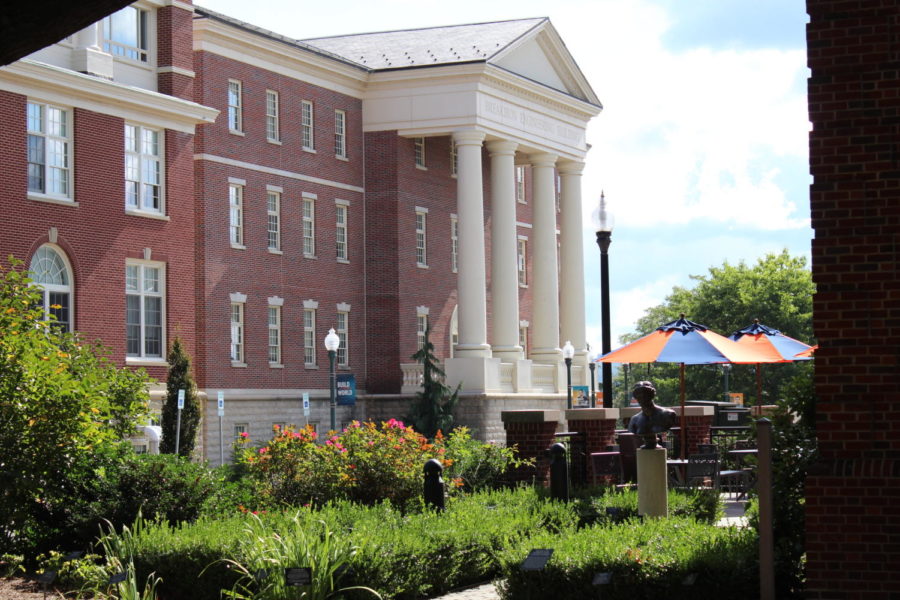Bucknell named sixth nationwide in engineering programs
September 23, 2022
The University was recently named sixth overall in engineering for colleges without doctorate programs by the U.S. News & World Report.
The College of Engineering was awarded several prestigious rankings out of the other 230 schools considered, including electrical engineering at second in the country, civil engineering at fifth, computer engineering at fifth and mechanical engineering at ninth.
“Our strong U.S. News & World Report rankings are a testament to the students, faculty and staff in the College of Engineering,” Brad Putman, Richard E. Garman Dean of Engineering, said. “There is so much innovative learning and teaching going on every day on our campus. Students get the unique opportunity to engage in hands-on experiences, collaborative learning and team-based projects that, when coupled with other high impact experiences of a Bucknell education, prepare them well for their future careers.”
In the past the College of Engineering has been ranked seventh overall, but several programs, including chemical engineering and biomechanical engineering, are in categories with too few schools to be accurately ranked. In 2021, the acceptance rate to study engineering at the University was 34.5%.
The University was also designated sixteenth overall for co-ops and internships — ranking it higher than notable schools as Harvard University and the University of Notre Dame.
Co-ops normally are not done in conjunction with coursework, and normally last an entire semester. Internships are generally shorter in duration and require fewer hours per week; some can be completed during coursework.
The University offers resources for students seeking co-ops and internships, including the Center for Career Advancement, career fairs, alumni panels and resources on Handshake. There are a number of opportunities to apply through the University for on-campus internships, which can take place over the summer, an academic semester or an entire academic year.
The Bucknell Public Interest Program Internship Fund, which is worth $4,500 and is awarded based on merit to a student who has earned a full-time, unpaid internship in the public service and nonprofit sector, is also available to students.
Many University students also participate in research, for which they can be paid and can be done over the summer or during the school year. Administrators said this tends to be popular with students in STEM fields, but application is available to all University students.
The rankings were done through U.S. News and World Report’s survey system, which recruited “college presidents, chief academic officers, deans of students and deans of admissions from more than 1,500 schools” to participate.
Those surveyed could nominate up to 15 schools with “stellar” demonstrations of internships and co-ops, and institutions who received more than 10 votes were ranked accordingly.
The system for ranking engineering programs is slightly different from the co-op and internship survey system. Engineering institutions with doctoral degrees available, which number 212 institutions, are in a separate category than those without, which is the category the University falls into. The perspective of separating the categories was recommended by the American Society for Engineering Education.
“Average peer assessment scores for each engineering program were determined by computing a trimmed mean – eliminating the two highest and two lowest scores given by respondents,” U.S. News and World Reports wrote. “Average scores were then sorted and undergraduate engineering programs were ranked in descending order based on the average peer assessment score.”






















